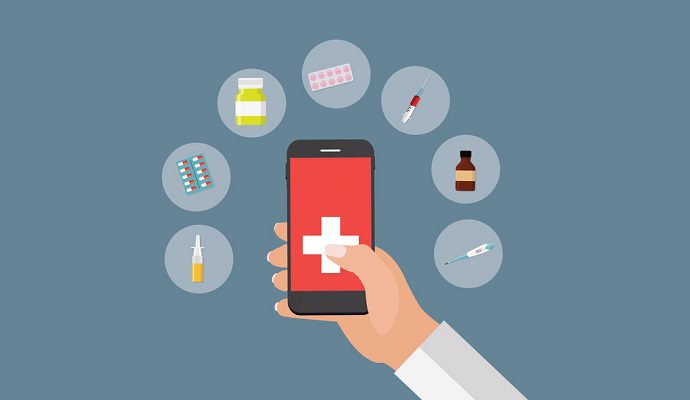The biotech industry has recently witnessed a significant breakthrough with the announcement of a key merger agreement aimed at developing treatments for HIV and SARS-CoV-2. This merger is expected to leverage the strengths of both companies involved, combining their research and development capabilities to accelerate the creation of innovative therapies. The merger also highlights the growing trend of biotech companies collaborating to overcome global health challenges.
Generative AI Chatbots for 24/7 Support
In addition to the advancements in HIV and SARS-CoV-2 treatments, the merger agreement also includes the implementation of generative AI chatbots. These AI-powered chatbots are designed to provide 24/7 support to investors and medicinal professionals, ensuring that they have access to critical information and assistance at any time. The use of AI in this context is a testament to the increasing integration of technology in the healthcare sector, aimed at improving efficiency and accessibility.
US Venture Capital Opens Path to Funding for China Biotech Firms
Faced with a moribund share sale outlook and emboldened by their growing recognition on the global stage, some Chinese biotechnology companies have found a new way to cash in on their innovative therapies. For instance, Jiangsu Hengrui Pharmaceuticals Co. sold ex-China rights of its asthma drug for $25 million upfront and retained a nearly 20% stake in Kailera Therapeutics, which launched with $400 million in funding. This NewCo model offers an alternative funding path for Chinese biotech companies and could enhance their involvement in the development and rewards of their drugs. Read more.
Exciting Digital Health Startups of 2024
The digital health sector is also seeing significant growth, with numerous startups leveraging AI, Natural Language Processing (NLP), and Machine Learning (ML) to address existing healthcare challenges. Companies like Abridge, CodaMetrix, and Cohere Health are applying these technologies to medical note-taking, medical coding, prior authorization, virtual care coordination, revenue cycle management, and telehealth. These innovations have the potential to automate administrative tasks, reduce costs, and improve patient care in the healthcare industry. Read more.
Wipro’s AI-Driven Health Behaviour Innovations
Wipro has teamed up with the Centre for Brain Research at IISc to develop a personal care engine powered by AI. This engine will take into account an individual’s health history, desired health state, and other behavioural responses to promote healthy ageing, positive lifestyle changes, and psycho-social wellbeing. This partnership has the potential to significantly impact healthcare by leveraging technology to improve long-term health outcomes. Read more.
Century Health’s AI-Powered Platform for Drug Development
Century Health has raised $2 million to develop an AI-powered platform that analyzes clinical data to uncover new applications for drugs and accelerate drug development. This platform utilizes generative AI to extract hidden insights from existing clinical data, providing valuable information for drug development and commercialization. This approach is relatively novel in drug development and has the potential to significantly accelerate drug development timelines and reduce costs. Read more.
Related Articles
- Overcoming the Challenges of Using AI Chatbots in Healthcare
- AI Tools in Healthcare Industry
- Model-Based Design AI Accelerate Medical Innovation
- Radiologist AI Teamwork Demonstrated for Report Generation via a Vision Language Foundation Model
Looking for Travel Inspiration?
Explore Textify’s AI membership
Need a Chart? Explore the world’s largest Charts database
